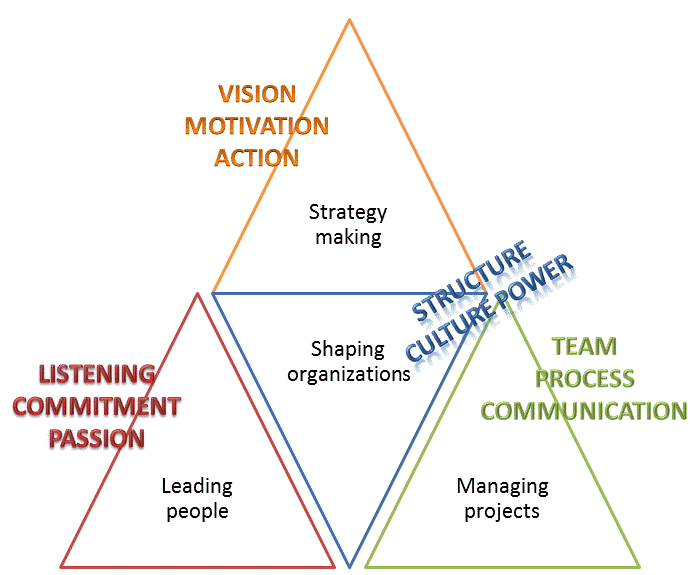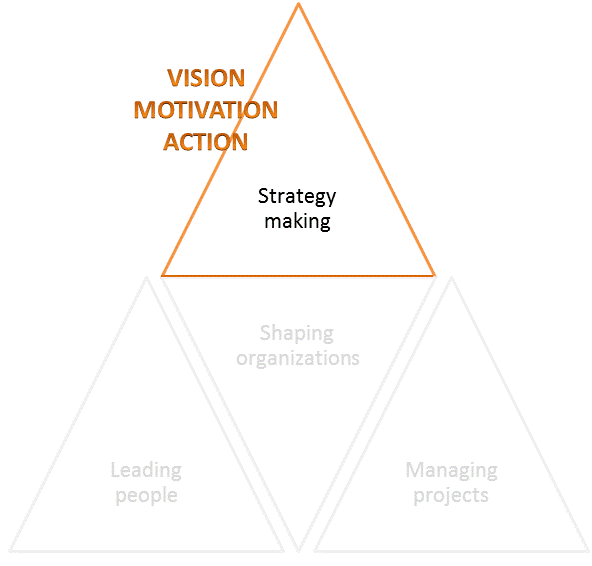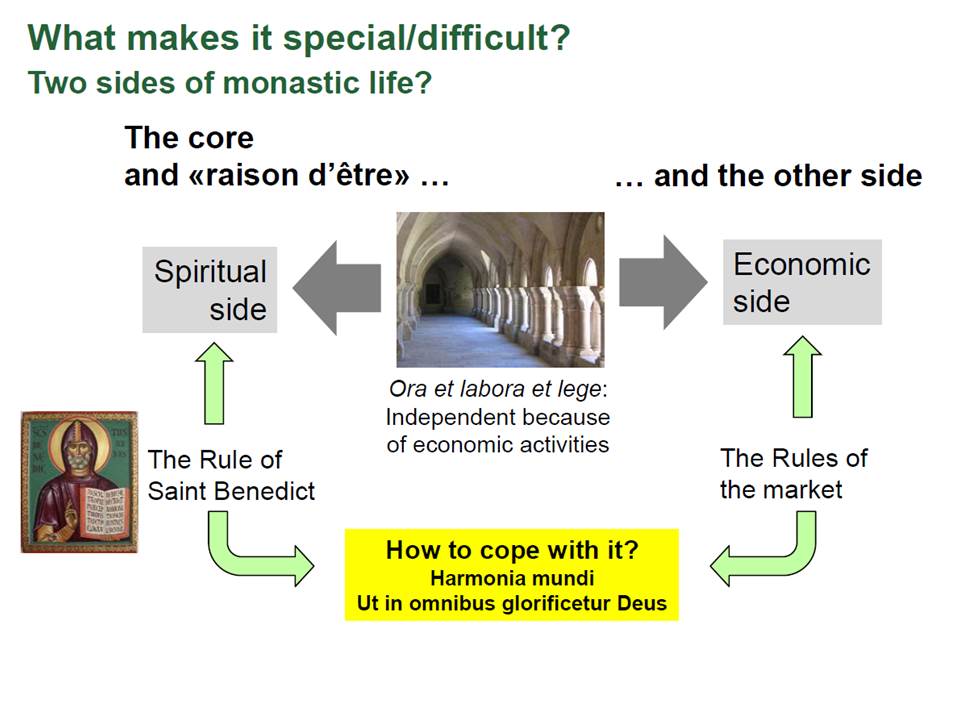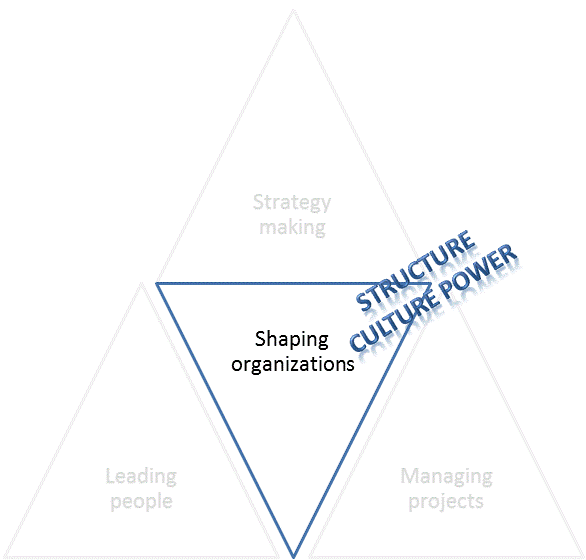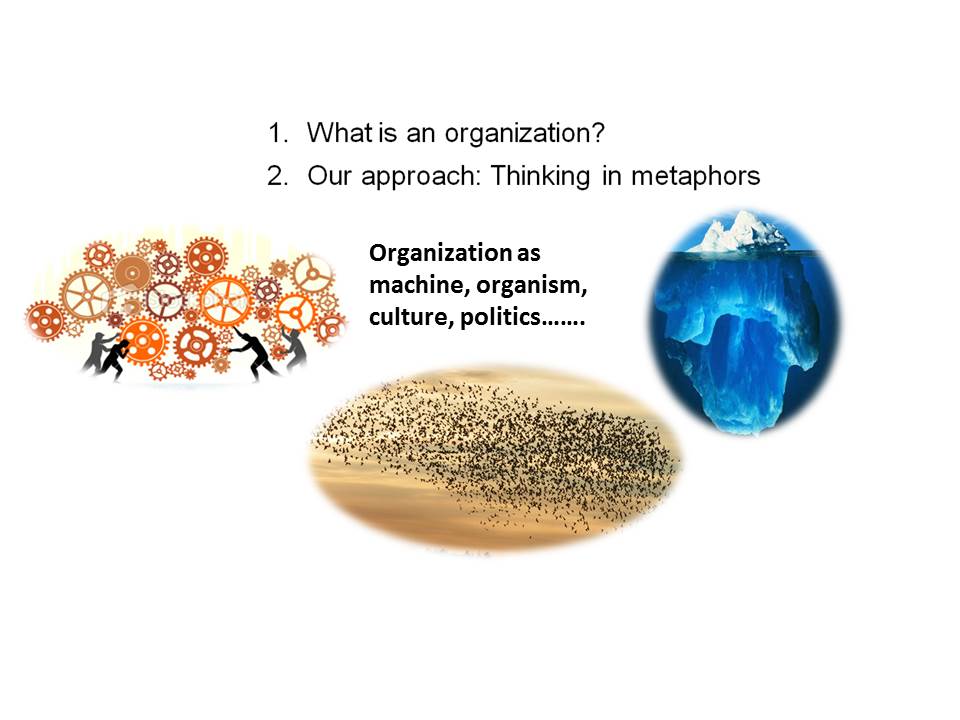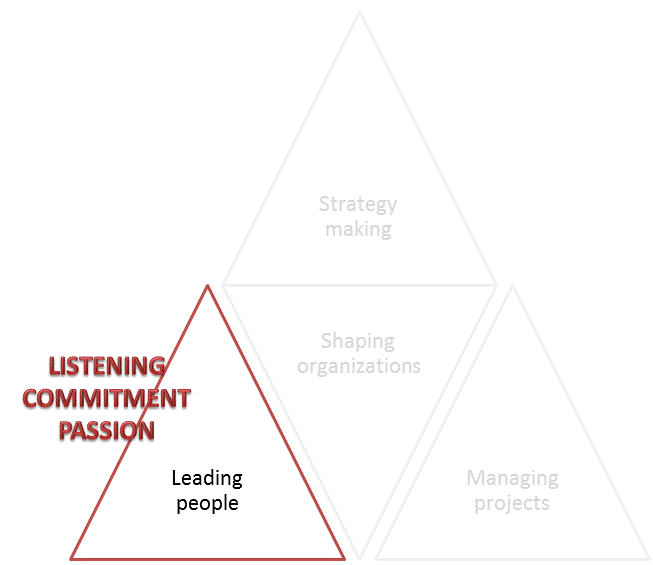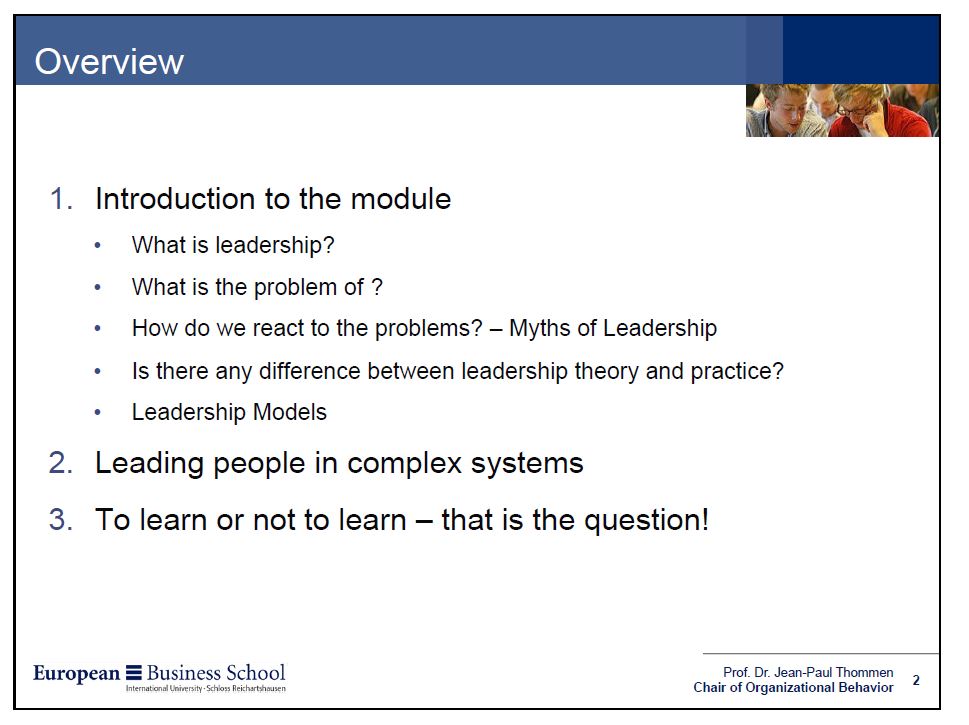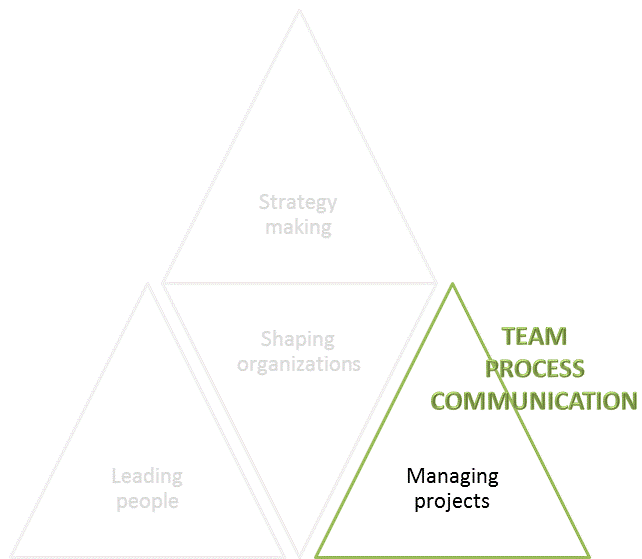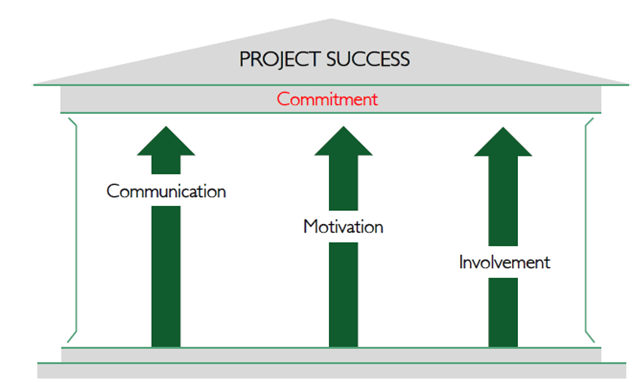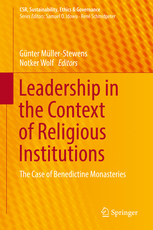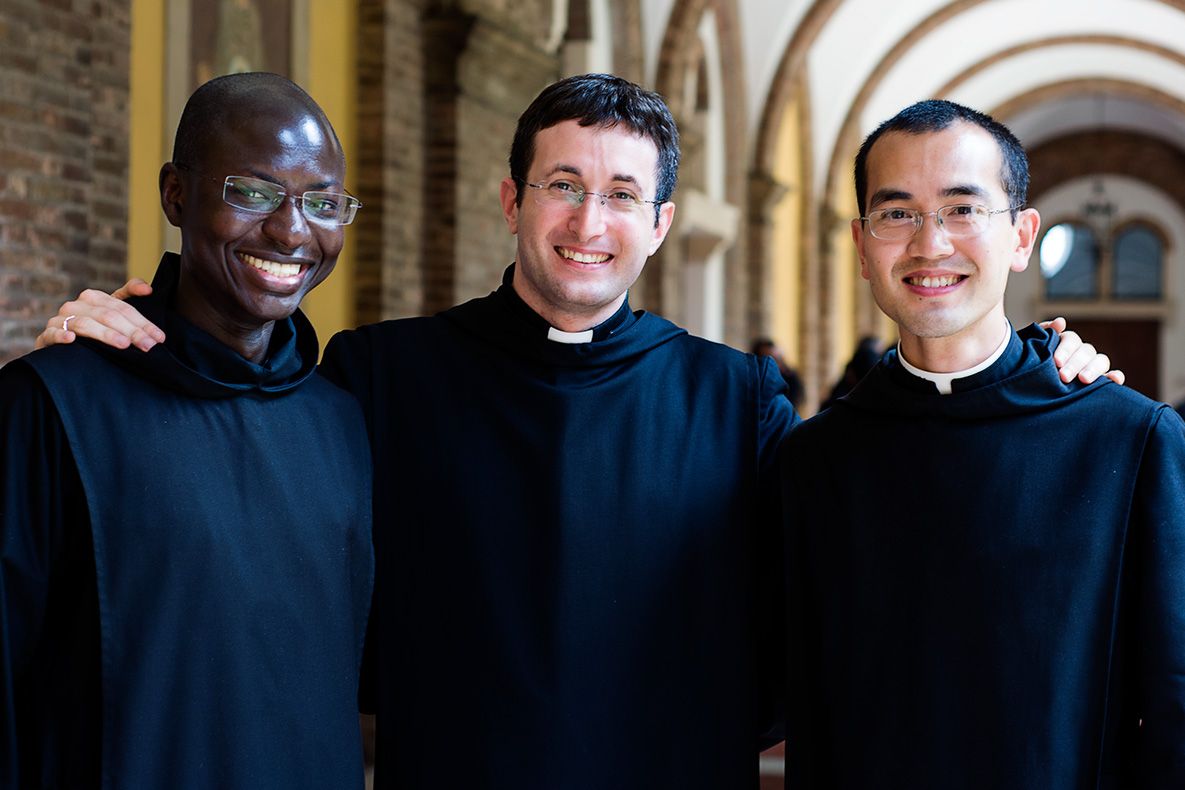
Leadership and the Rule of Saint Benedict
2024 dates : 30 June – 12 July 2024
The language of the course is English.
Scholarships and price reductions are available : Fees and Registration
Registration deadline : 1 May 2024
For more information, please contact us:
Fr. Josep Maria Sanroma
email : ufficiopriore@anselmianum.com
Management training for today’s monastic leaders
Welcome
Unprecedented developments are changing our monasteries and making leadership much more demanding. Outside pressures, inside challenges and cultural changes are making monastic leaders wonder:
- who can help us to understand, distinguish and decide?
- what approaches and tools are available to help us deal with these challenges?
- how can we initiate in good time needed changes without losing our identity?
We can help!
“Leadership and the Rule of Saint Benedict” is a joint educational project of the universities of St. Gallen in Switzerland and Sant’Anselmo in Rome. We have assembled a faculty of international experts and experienced leaders from the Benedictine family who will help you to frame the challenges facing your monastery and show pragmatic ways to handle them. The first course took place in 2014. Based on the experience gained, the course could be tailored more and more to the needs of the participants in the following years. In the meantime, about 150 people have completed the course. By the end of the program, you will be equipped to shape your best response to those challenges.
University-level Expertise
The Institute of Management & Strategy at the University of St. Gallen, Switzerland
The University of St. Gallen is an internationally reputed business school. Its Institute of Management & Strategy is responsible for the LRB-course. The Financial Times has ranked the University of St. Gallen Number 5 among 70 other European business schools. The strategy master of the Institute of Management & Strategy is ranked Number 1 since nine years.
Since its founding in 1898, the education offered by the University of St. Gallen has been characterized by a close relationship with the working world, integrating its students with outside corporations, 150 partner universities and membership in international networks. The university currently educates more than 8,500 students in Business Administration, Economics, Law and the Social Sciences. Its international orientation is strengthened by students and faculty from all continents.
Find out more here : www.unisg.ch; www.ifb.unisg.ch; www.smartstrategizing.com
University of St. Gallen
Institute of Management & Strategy
Dufourstrasse 40a, CH-9000 St. Gallen
The Monastic Institute of the Pontifical University of Sant’Anselmo, Rome
The Monastic Institute of the Faculty of Theology was founded on 21 March 1952 to create a place of research on Christian monasticism. It has generated countless spiritual authors, researchers, teachers, monks and nuns, novice masters, priors and abbots. In 2012, the entire program underwent a fundamental revision to account for the strong interest of the universal Church and the Benedictine family in the theology of spirituality. The result is an academic institute unique in the world of spiritual theology, one with a distinct Benedictine-monastic profile. Find out more here : www.monasticinstitute.com.
Pontificio Ateneo S. Anselmo
Piazza dei Cavalieri di Malta, 5
00153 Roma, Italia
tel (+39) 06 57 91 1
fax (+39) 06 57 91 402
Faculty : Integrated perspectives
Usually all of the course modules are led by a team of two: a member of the St. Gallen business school and a member of the Benedictine Order. This gives the modules a special strength that we feel is unique to our course.
Fr. Dr. Mauritius Wilde, Academic Director
Fr. Mauritius Wilde, OSB, Ph.D., completed his philosophical, theological, and doctoral studies in Würzburg and Tübingen / Germany. He worked as teacher and educator in the school (Gymnasium) of his home Abbey of Münsterschwarzach and as publisher of the Vier-Türme-Verlag. He is the author of several books and directs retreats regularly. His reflections on the Rule of Saint Benedict can be found on www.DiscerningHearts.com. After having served as Prior of Christ the King Priory in Schuyler, NE, USA, he is currently Prior of the International College of the Benedictine Order in Rome, Sant’Anselmo, and teaches Spiritual Theology at the same University.
Prof. em. Dr. Günter Müller-Stewens, Academic Director
He is a Professor emeritus and former managing director at the Institute of Management & Strategy at the University of St. Gallen. He has written a large number of publications on strategic management and has been a trainer, consultant and member of the advisory boards of many international organizations. He has been in charge of the development of the LRB course from its inception.
Sr. Ruth Starman, Professor
Prof. Dr. Jean-Paul Thommen, Professor
P. Ansgar Stüfe, Professor
Bro. Ansgar Stüfe is a monk of Münsterschwarzach Abbey in Germany. Before he joined the monastery in 1979 he studied medicine and got his doctor’s degree. Later on he specialized in internal and tropical medicine. In 1987 he was sent to Peramiho Abbey in Tanzania. There he became doctor in charge of the hospital and built up a community-based health system in the nearby areas. Due to this management experience he was appointed procurator of the Benedictine Congregation of St. Ottilien. The main task of the procurator is the coordination and management of projects in the monasteries worldwide. He is also chairman of the auditing committee of the congregation. In 2018 he moved back to his original monastery and became the director of the publishing house. He still coordinates the projects of the hospitals in Tanzania and Uganda and is still chairman of the auditing committee.
Prof. Dr. Thomas S. Eberle, Professor
He is Emeritus Professor and former Co-director at the Research Institute of Sociology at the University of St. Gallen. His major research areas are sociology of culture and of communication, of knowledge and of organization as well as methodology and qualitative methods. He was President of the Swiss Sociological Association 1998-2005 and Vice-President of the European Sociological Association 2007-2011. He is also an experienced trainer in personality development, coaching, leadership, communication and organizational development and has been involved in the LRB course from its inception.
Erwin Hettich, Professor
Erwin Hettich is assistant professor for strategic management at the University of St. Gallen (HSG). He is also head of the Strategy Lab, where he works at the intersection of academia and practice responsible for the systematic application and transfer of knowledge. Previously, he held various positions in different industries in the field of strategy and corporate development. In his previous roles as a principle consultant and as a senior manager of Venturing and Ecosystems, he was responsible for shaping and driving strategic initiatives. Erwin has been involved in the LRB course since its inception.
Who is invited to take part?
This program is intended for monks, nuns and lay people in positions of leadership or management in monastic communities worldwide:
- abbots and abbesses, priors and prioresses, sub-priors and sub-prioresses
- procurators, cellerars and bursars
- monks and nuns managing activities and institutions such as schools and hospitals
- lay persons in charge of responsible positions in monasteries
Candidates are required to possess:
- experience in a position of responsibility
- a recognized degree or a form of professional qualification
- sufficient working knowledge of English
The Program
Goals
The goals of the LRB program include supporting monks and nuns in positions of leadership to grow
- more responsible – through a deeper understanding of what is expected from a leader in a monastic context
- more responsive – thanks to the ability to combine the wisdom of the rule, the social doctrine of the church and the science of management and leadership in new and original ways
- more competent – thanks to proven leadership techniques learned from top professionals in the field and adapted to a monastic context.
This program is oriented toward praxis and is based on sharing experiences, advice and tools. One of the advantages of the LRB program is sharing problems and experiences with other monks and nuns and learning from each other under the guidance of qualified advisers.
Structure of the 2020 LRB Course
Module 1 : Strategy-making
Like any other organization, a monastic community must deal with internal and external partners: members of the community, guests, employees, parishes, public and others. These stakeholder relations are decisive for the long-term success and survival of an organization. Leaders must shape these relations in a sustainable and strategic way. In this way, they provide their community with a common orientation and sense of purpose.
There are simple and efficient guidelines for the process of common listening and discernment required to develop a strategy truly in touch with reality. This module will introduce these guidelines through practical exercises that can be easily applied to the monastic environment.
Module 2 : Shaping organizations
A person in a position of responsibility must learn how to “read” the contexts he or she is trying to organize. This skill usually grows intuitively, through experience and natural ability. But there are several ways of understanding organizations and of responding to organizational challenges.
The aim of this module is to improve leadership practice by reflecting on ideas and approaches the participants already apply in their work. Interpreting organizational situations and problems with a multiplicity of perspectives fosters creativity and opens up inspiring new ways of dealing with routine tasks.
Module 3 : Leading People
What does leadership stand for?
People have different assumptions about leadership:
- You have to be born as a leader – it cannot be learned
- It depends on personality
- Leaders need to be charismatic
- Leaders are “in charge of everything”
No one ever became an effective leader only by reading one of the many instruction books. Rather a leader’s most decisive tools are:
- to know his or her strengths and weaknesses,
- to reflect on experiences, and
- to understand a mistake as a chance to learn and fair comment as room for development.
His or her role is to imagine an inspiring future and strive to shape it by uncovering talents and fostering shared responsibility of every single member in the community.
This module provides models and insights on leadership in a constantly changing environment. It supports leaders to learn how to adapt to new situations and reflect on value-oriented leadership.
Module 4 : Managing Projects
Unlike ordinary activities, projects are temporary and unique. Running projects requires vision, planning, sketching, communicating, monitoring and finally measuring the results.
In this module we want to ask:
- What is a project and how is it distinguished from ordinary activities?
- What is the role of a project manager?
- What are tools to develop a project?
- What are decisive steps to succeed?
- How can we avoid pitfalls?
This module helps to develop skills through exploring best practices and understanding goals and challenges of project management; analyzing the context and the resources available; and applying some basic tools.
Each participant gets a copy of our LRB-book
Müller-Stewens, G./Wolf, N. (Eds., 2019):
Leadership in the Context of Religious Institutions : The Case of Benedictine Monasteries
Berlin: Springer
Activities
Pilgrimage to Subiaco
Social event


